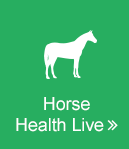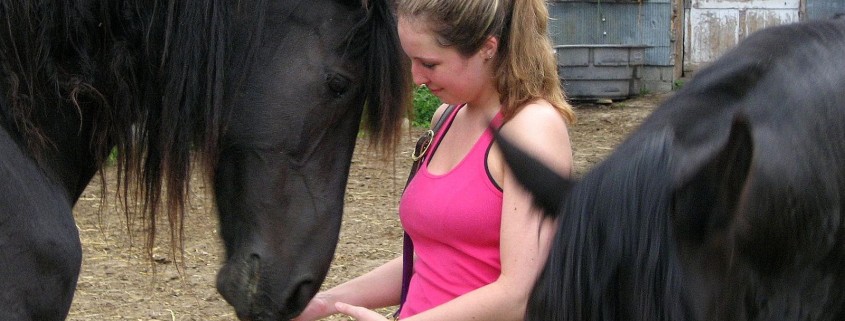Dental Health in Horses
Horses eat a diet primarily made up of forages and grains. Hay, grass, oats and pelletized feeds are all abrasive enough to keep horses teeth clean so they rarely experience problems with gingivitis or cavities the way people, dogs and cats do. The bigger concern with horses is the wear on their teeth. Horses’s teeth have long roots so their adult teeth can continue to grow into adulthood. Tough forages wear down horses’ teeth so these long roots are necessary, but sometimes the way the teeth wear down can create sharp points that cut or pinch the inside of horses’ mouths. A rider’s primary mode of communication with their horse is through the horse’s mouth via the bit, so horse owners need to make sure their horse’s teeth are smooth otherwise riding can become an unpleasant activity. If you notice your horse losing interest in their food, not accepting the bit or losing coat condition, the first thing you should do is take a look at their teeth.
You veterinarian should check your horse’s teeth about every 6 months. If there are any sharp edges forming your vet will “float” your horse’s teeth. That simply means they use a large file to smooth any rough edges.
Another dental issue to keep in mind with young horses (yearlings and two year olds) is their wolf teeth. These are small teeth located in front of the upper cheek teeth. They serve no purpose and are uncomfortable to a horse when they have a bit in their mouth so they should be pulled before you start any training where you introduce the bit.
Studies
Three-dimensional anatomy of equine incisors: tooth length, enamel cover and age related changes.


